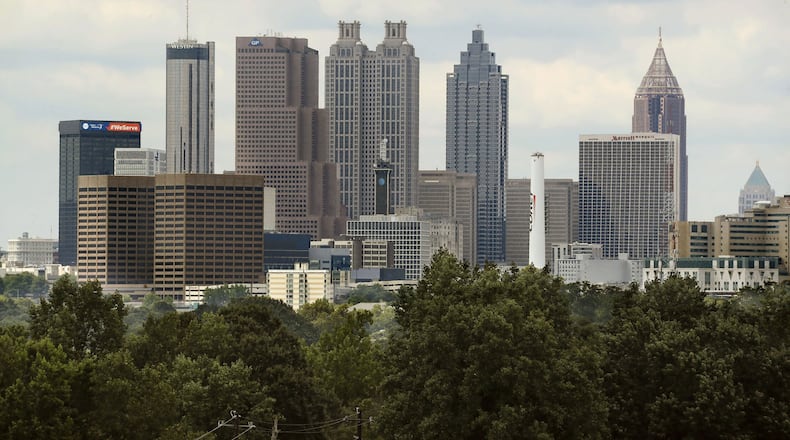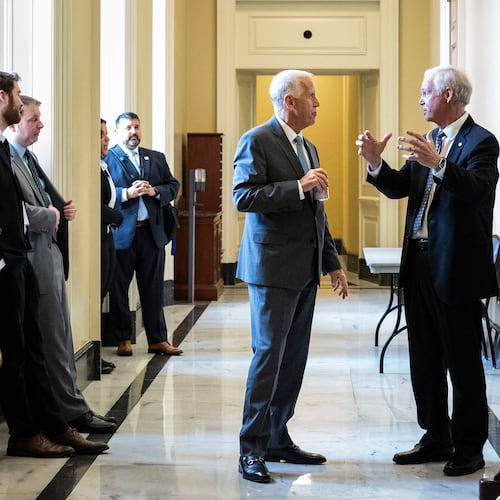My wife and I moved to Atlanta 15 years ago. Neither of us had spent any time here, or in the South, before we came. Like so many others before us, we came because of work — my work as the 16th President of Oglethorpe University. In a few short weeks, I will be leaving that job. It’s been a wonderful, gratifying opportunity to be part of the vibrant higher education landscape in Atlanta, and I’m leaving Oglethorpe very well poised for the future. Although I fully hoped to continue living and working in this beautiful city we’ve come to love, my work is once again taking me to a new place. As president of the New England Commission of Higher Education, the accrediting agency of the 230 colleges and universities in the six New England States, it seems Cambridge will be our new home for now.
My move away from Atlanta coincides with what is certainly a disruptive but overdue time of change in America, and that has given me time to reflect on what is both incredibly wonderful but also deeply troubling about our city.
Unlike any other city I know, Atlanta inspires a communal sense of pride and caring in those of us who call it home. People across all racial and economic lines care deeply about our city and are willing to share their time and resources to make Atlanta a better place. I realized early on that part of the responsibility — and even obligation of leadership here — was to make a personal commitment to improve the life of all Atlantans through participation in the civic life of the city. One sees this in organizations like Rotary or Kiwanis and in the many non-profits doing good work around issues of education, health, and other social issues. In my experience, Atlanta truly shines above other large American cities in the commitment of its leaders and ordinary citizens to civic improvement and civic involvement. That’s the positive story and it’s a very powerful one. I’ve done my best to join that tide and tried to make a difference here. But there’s another side to Atlanta and it’s not pretty at all.
Atlanta is sadly distinguished as the American city with the worst economic disparity between its rich and poor citizens. What’s more, Atlanta is also the city with the worst chance for upward mobility, meaning if you’re born poor, you’re likely to stay poor here. We are a deeply segregated city. All but a handful of white students go to just two of the nine Atlanta Public Schools high schools: Grady and North Atlanta. While there has been recent progress in the overall performance of APS, once again there is a superintendent change and the future is uncertain.
We have a public transportation system which makes it nearly impossible for the working poor to get to work and that, as we all know, is by design, not by accident. The recent voting debacle, mostly in districts with voters of color, was a profound national embarrassment. Our police force appears to have the same issues as virtually every other police force in our country. Black lives have to matter. And the lives of immigrants, upon whose backs so much of the growth of our city has depended, have to matter, too.
I have come to believe that our deep pride in Atlanta, most of it well earned, can make it really difficult for the leaders of the city to take the bold action that will be required for any of this to change. We can be proud of Atlanta and at the same time be honest about what’s absolutely wrong with the status quo.
I leave Atlanta with immense gratitude for the years I’ve spent living here, yet also knowing that massive changes have to happen to create true equality of opportunity: changes in law enforcement, in education, in health policy, in government. It needs to start right here at home. It’s long past time.
Lawrence M. Schall is president of Oglethorpe University.
About the Author
Keep Reading
The Latest
Featured



